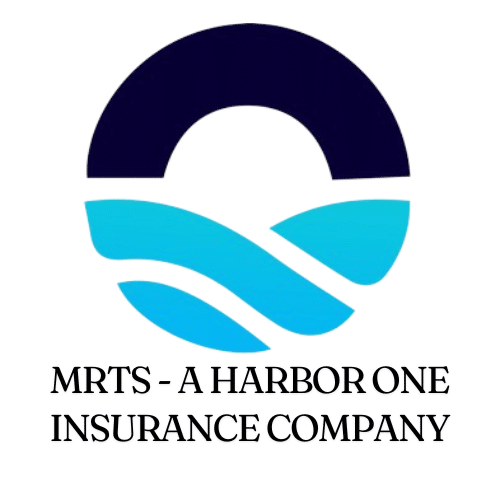
When your vehicle is in the shop for repairs following an accident or other covered incident, having access to a rental car can be essential. But will your auto insurance cover the cost of a rental car? The answer depends on the details of your policy.
In this article, we’ll explore how rental car coverage works, what you need to check in your policy, and how to ensure you’re protected when you need it most.
Rental reimbursement coverage is an optional add-on to your auto insurance policy that pays for a rental car while your vehicle is being repaired after a covered incident. This coverage is not included in standard auto insurance policies, so you need to specifically request it when purchasing your insurance.
Explore our auto insurance policies here!
If you have rental reimbursement coverage, your insurance will pay for a rental car up to a specified daily limit (e.g., $30 per day) and a total limit (e.g., $900). These limits vary by policy, so it’s important to know what your specific policy covers.
This coverage is applicable only if the repairs are needed due to a covered claim, such as an accident that falls under your collision coverage or damage covered by your comprehensive insurance (e.g., theft, fire, or weather-related incidents).
Collision and comprehensive coverage are key components of your auto insurance that protect your vehicle in different scenarios:
Collision Coverage pays for damage to your car resulting from a collision with another vehicle or object, regardless of who is at fault.
Comprehensive Coverage covers damage to your vehicle from non-collision events, such as theft, vandalism, natural disasters, or hitting an animal.
However, even if you have collision or comprehensive coverage, this alone does not include a rental car unless you also have rental reimbursement coverage. If your car is in the shop due to a covered event, rental reimbursement coverage would kick in to cover the cost of a rental car.
If you’re involved in an accident where the other driver is at fault, their liability insurance should cover the cost of your rental car while your vehicle is being repaired. In this case, you may not need rental reimbursement coverage under your own policy. However, the process may take longer, as the at-fault driver’s insurance company might require you to pay for the rental upfront and seek reimbursement later.
When you’re not at fault, you can file a claim with the at-fault party’s insurance company to cover the rental car costs. The insurer may either provide you with a rental car directly or reimburse you for the cost. However, it’s crucial to communicate clearly with the other driver’s insurance company to ensure that they approve the rental car expenses before you incur them.
Even if you have rental reimbursement coverage, there are some limitations to be aware of:
Daily and Total Limits: Your policy will specify a maximum daily rate (e.g., $30 per day) and a total limit (e.g., $900). If the cost of the rental exceeds these limits, you’ll be responsible for paying the difference.
Type of Rental Car: Rental reimbursement coverage typically covers the cost of an economy or standard vehicle. If you choose a more expensive rental, you may need to pay the additional costs out of pocket.
Duration of Coverage: Coverage is usually limited to the time it takes to repair your vehicle. If repairs are delayed or extended for reasons beyond the insurance company’s control, your rental coverage might not extend beyond the initially estimated repair time.
Rental reimbursement coverage can be a valuable addition to your auto insurance policy, providing peace of mind and financial protection if your car needs repairs after a covered incident. By understanding your policy and knowing what to expect, you can avoid surprises and ensure you’re covered when you need it most. Be proactive in reviewing your insurance and adding the necessary coverage to keep you on the road without interruption.
